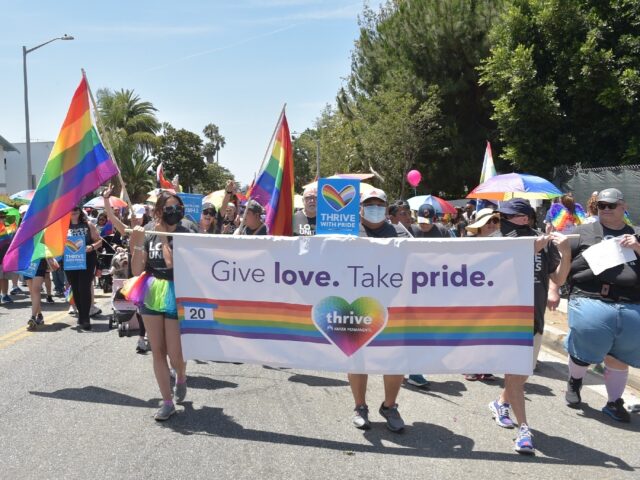America’s largest private employer, Walmart, is the latest name to join a list of US businesses and institutions rethinking programs to bolster minority groups as support for progressive policies erodes.
Walmart said it will phase out the terms “diversity, equity and inclusion” (DEI) and “Latinx,” end supplier diversity programs, shutter a racial equity center and pull out of a prominent gay rights index.
The announcement comes in the wake of similar moves by a string of prestige brands — from Ford, John Deere and Lowe’s to Harley-Davidson and Jack Daniel’s — reflecting a backlash against so-called political correctness in American public life.
The rightward shift is credited in part for populist Donald Trump’s White House comeback and for laying the groundwork for a 2023 Supreme Court ruling ending affirmative action in college admissions.
DEI initiatives aim to right historical discrimination but conservatives have long criticized them as unfairly targeting white people, particularly men, as well as being performative “virtue-signaling.”
Anti-DEI activist Robby Starbuck, who lobbied Walmart before its announcement, celebrated the “biggest win yet for our movement to end wokeness in corporate America” and noted that the company’s stock had risen 2.1 percent.
“Our movement is a force in the market. Go woke, go broke actually has meaning now,” he posted on X.
‘Down everybody’s throats’
Starbuck, 35, told AFP in an interview before Trump’s November 5 victory over Democrat Kamala Harris — who was criticized for previous “woke” policy positions — that ordinary Americans were sick of inclusivity and diversity policies at US companies.
“People are entitled to their views, and we need to have a system that creates equal footing for everybody and doesn’t force any one ideology down everybody’s throats,” he said.
Emboldened by Trump’s campaign pledges to end “wokeness,” conservative groups have been filing numerous lawsuits targeting corporate and federal programs aimed at elevating minorities and women.
Trump himself focused mostly on political correctness that he says is infecting the nation’s classrooms, promising executive orders to cut federal funding schools pushing critical race theory and “transgender insanity.”
The president-elect has surrounded himself with anti-woke allies of all stripes, including his incoming deputy policy chief Stephen Miller, whose America First Legal group has targeted corporate diversity.
The military has been the main target of anti-woke crusaders in the US Congress, who argue that racial justice education and an obsession with climate change have made the troops go soft and driven a recruitment slump.
Republican lawmakers who spent much of the last congressional session locked in a war with Pentagon leaders on political-correctness were rewarded with Trump’s pick to lead the defense department’s workforce of three million — anti-DEI Fox News host Pete Hegseth.
‘We aren’t perfect’
Conservative activists hailed 2023 as a landmark year in America’s never-ending culture wars, when the conservative-majority Supreme Court ended affirmative action in university admissions, reversing a major gain of the 1960s Civil Rights Movement.
Conservative groups pounced on the ruling to fight all manner of diversity programs in court.
And in March, the University of Florida ended DEI programs and related jobs as part of Republican Governor Ron DeSantis’s offensive against “woke ideology” — joining campuses in around a dozen other states.
Workers are divided on the merits of DEI, with a slowly-growing share saying their company pays too much attention to the issue — 19 percent in an October Pew Research Center poll compared with 14 percent in the same survey in February 2023.
But a new poll of 1,300 employees from business think tank The Conference Board, showed a robust 58 percent indicating that their organization devotes the appropriate level of effort on DEI.
“Leaders should focus on what really matters for their workforce amid the noise, as these initiatives are crucial for attracting and retaining current and future talent,” said Allan Schweyer, the group’s principal Researcher for human capital.

COMMENTS
Please let us know if you're having issues with commenting.